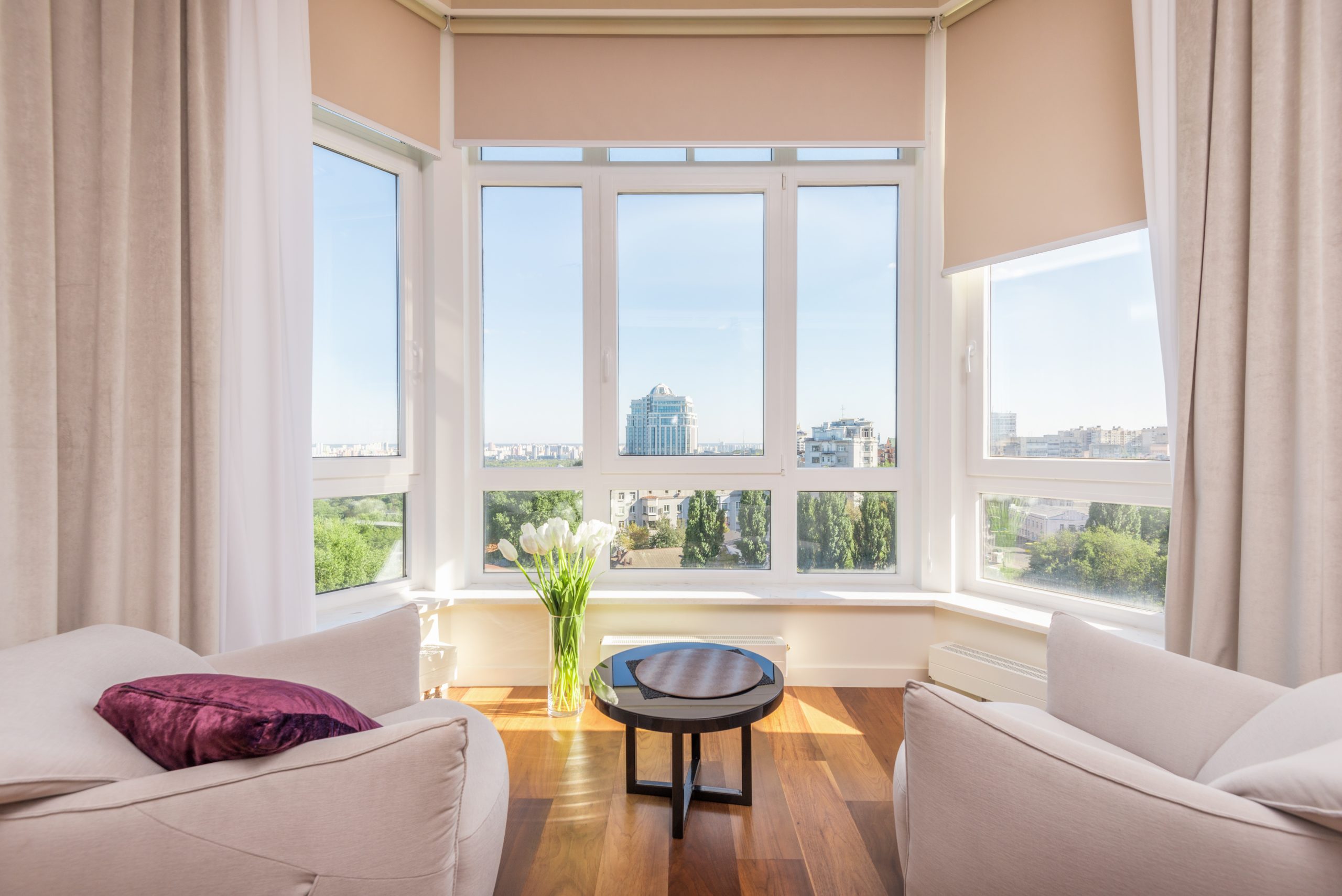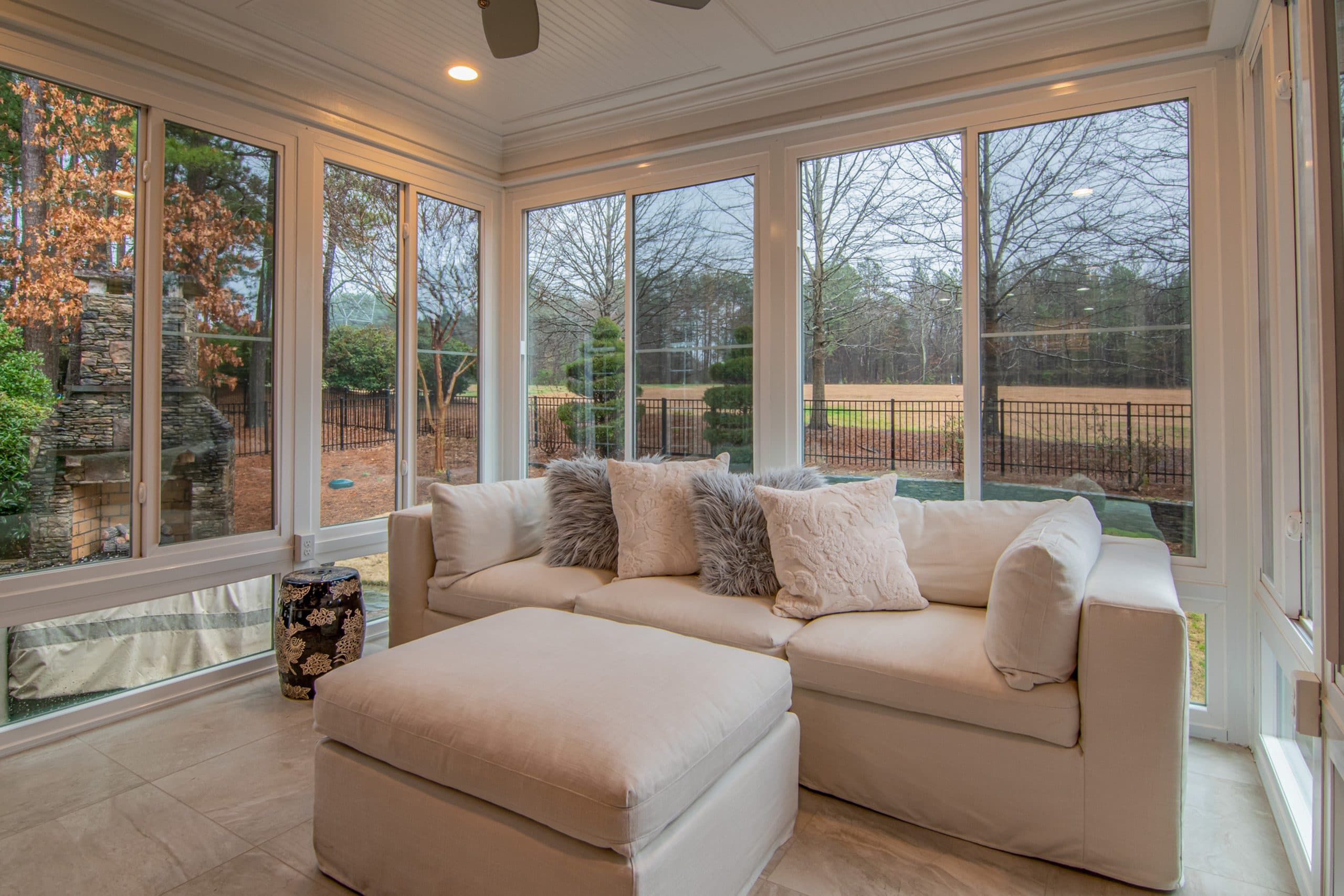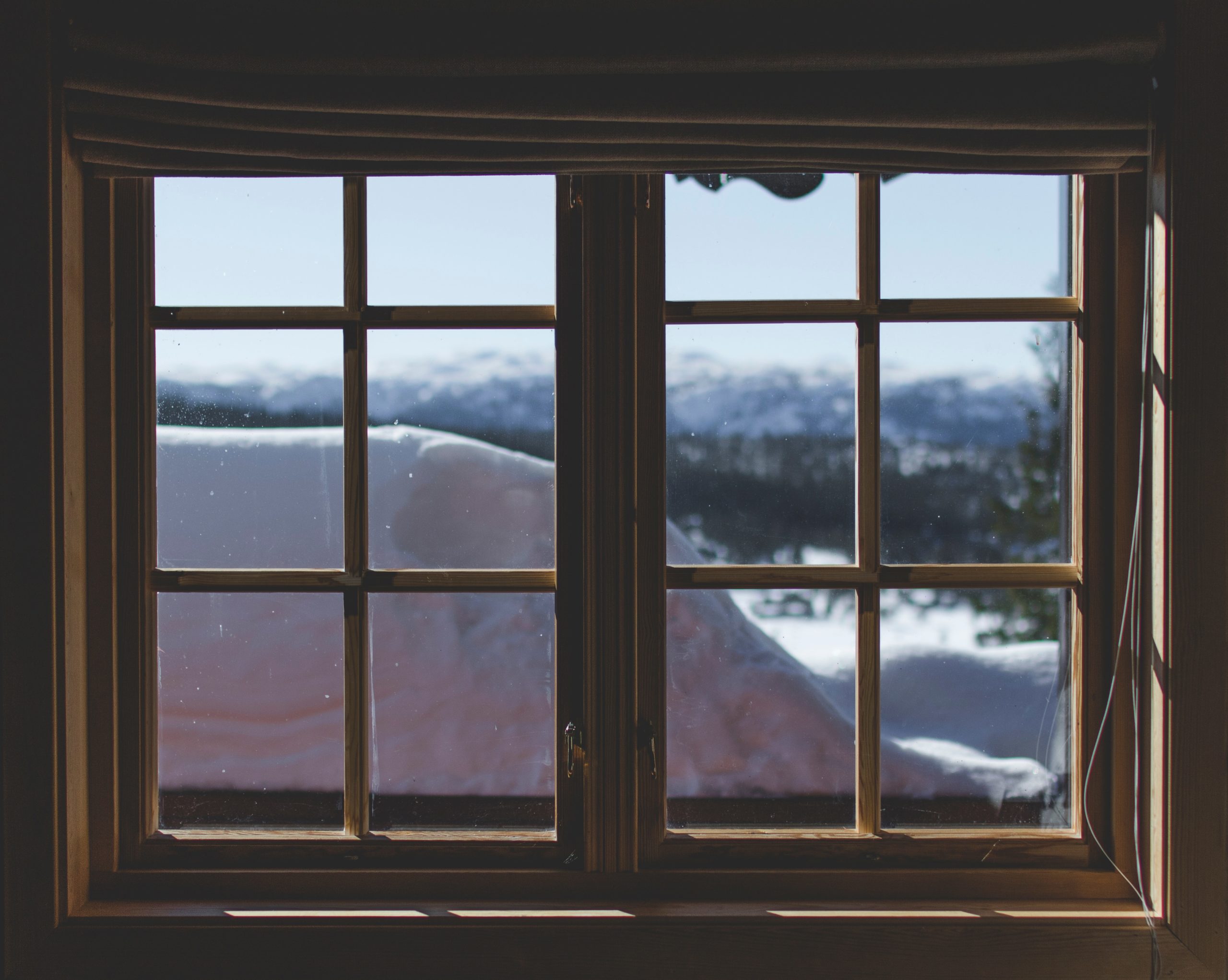Most homeowners don't recognize the importance of their windows despite being in every part of their home—living room, kitchen, bedroom, and bathroom. It might not be entirely evident to you, but having outdated and ineffective windows that don't serve their purpose anymore can impact your life negatively.
The Many Merits Of Having Functional Windows
At first glance, you might think that windows primarily act as a visual addition to your home. Who doesn't love peeking through the window every morning? Is there any homeowner who'd prefer not having any windows at all? But, windows play more vital roles beyond a homeowner's imagination.

In light of this, windows serve the following functions for your improving your quality of life:
Protects your home and its occupants from the external environment
Enhances your home's safety and security
Improves energy efficiency
Boosts your curb appeal
Increases your home's resale value
Lessens indoor pollutants and allergens
Reduces noise from traffic, barking dogs, and more
Window Repair vs. Replacement: How To Know Which One
Repairing versus replacing your windows is a tough choice as it involves substantial costs and expenses. Also, you'll have to face the possibility of changing your window configuration. While replacement is typically the best choice as you'll be getting new windows for your home, the costs will otherwise discourage you.

Meanwhile, window repair stands as a great option too, as you won't spend as much on a window replacement, except that not all windows could use a repair. Oftentimes, damaged windows will incur higher repair costs than their replacement, which is entirely a waste of money.
To give better light on replacing your windows, this article will guide you on assessing when's the right time to have a window replacement and accomplish the project seamlessly.
Signs Your Windows Need Replacement
How do you know if your windows are past repair? Before proceeding with any window-related projects in your home, it's paramount to evaluate the condition of your windows.

Typically, homeowners recognize the need for a window replacement when their windows start acting up. Has the window glass recently cracked? Does it keep getting stuck during operation?
Take a closer look at your windows and see if these signs tick off your list:
Replacing your windows is basically giving your home a makeover. With new and fully-functional windows, you'll enjoy the insulation, sound attenuation, cheaper energy bills, better property value, and of course, a better view!
Average Window Replacement Costs
You have to be financially ready before taking on a window replacement project. The average costs for the window parts and materials alone reach $650 per window, then additional labor costs from $100 to $300.
If you're planning to have five windows replaced, expect shelling out around $1,500 to $3,500. For 20 window units, which equates to windows of your entire home, you can spend a whopping $6,000 to $14,000.
Window replacement costs vary significantly according to the window type, size, material, location, and project completion, which will be elaborated more later.
Guide To Replacing Your Windows
Choosing The Window Type
When deciding on a window type, you can either go with the same one or have another type built, but expect that building a new one will cost more. Generally, choose a window type that compliments your home's architectural style, as well as the purpose that they'll serve in specific parts of your home.
Here are the most popular replacement window types for homes and their costs per unit:
Single-Hung: $170 to $360
Casement: $270 to $750
Arched: $325 to $500
Glass Block: $365 to $785
Awning: $420 to $760
Double-Hung: $450 to $600
Garden: $1,000 to $4,000
Egress: $1,000 to $5,000
Bay: $1,150 to $3,550
Bow: $1,400 to $3,800
Choosing The Window Material
The window type usually goes first, then next is the window material. When choosing your window material, consider three factors: style, function, and budget. These are the most preferred window material options:
Wood: High-quality wood gets harder and stronger with time. It provides excellent insulation, less condensation, and can be stained or painted. However, it's susceptible to warping, rotting, and pest infestation, particularly if poorly maintained.
Vinyl: Made of polyvinyl chloride (PVC), vinyl windows require minimal maintenance. It possesses good UV-resistant properties, energy efficiency, and is cheaper than wood.
Fiberglass: Nothing beats fiberglass insulation. It rarely causes mold, rotting, warping, expanding, corrosion, and completely recyclable. With these advantages, they're quite more expensive than other materials.
Assessing Window's Energy Efficiency
There are no excuses for not getting energy-efficient windows as they can benefit homeowners both in the short- and long-term. By investing in energy-efficient windows, you're getting the most value from your purchases—protection from the sun's heat and UV rays and heat insulation during winter.
All windows are labeled with their energy efficiency by the Energy Star program, ranked by the National Fenestration Rating Council (NFRC). Windows are rated according to these two energy-efficient quantifiers:
U-Value: Measures the window's resistance to heat loss. The lower the U-value, the better its insulation and heat resistance.
Solar Heat Gain Coefficient (SHGC): Determines how much heat penetrates the glass then enters your home. Measured from 0 to 1, the lower the SHGC, the less solar heat transfers into your home.
Hiring The Best Professional Window Installers
Window replacement isn't a small DIY project, so don't even think about doing your own project and leave it to the professionals. Your window replacement's success will highly depend on these window professionals, no matter how big of a budget you have.
Consider the following tips when choosing the best window installers within your area:
Ask recommendations from your relatives, neighbors, or friends
Check out online reviews both inside and outside their website
Look for certifications from window installation organizations, such as the National Glass Association (NGA), American Architectural Manufacturers Association (AAMA), and more
Ensure that the contractor has insurance for workers' compensation and liability coverage
Prioritize window installation companies that offer solid warranties
Takeaways
Window replacements are a significant investment in your property that can grow many returns. If you're looking into having your windows replaced, ensure proper planning and preparation as this project is expensive and time-consuming.
Finally, despite having new replacement windows in your property, conduct regular care and maintenance for your windows to ensure that they'll serve their purpose well for years, which is the most significant return you can get.

